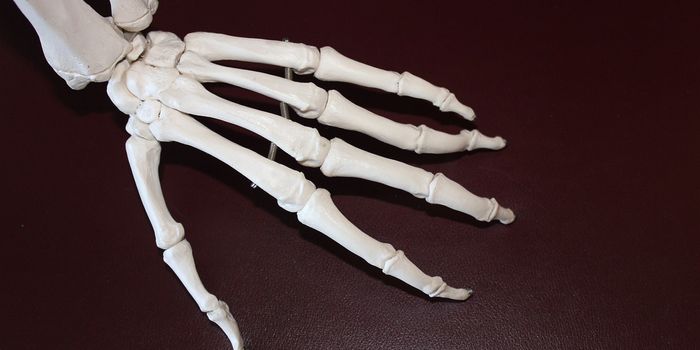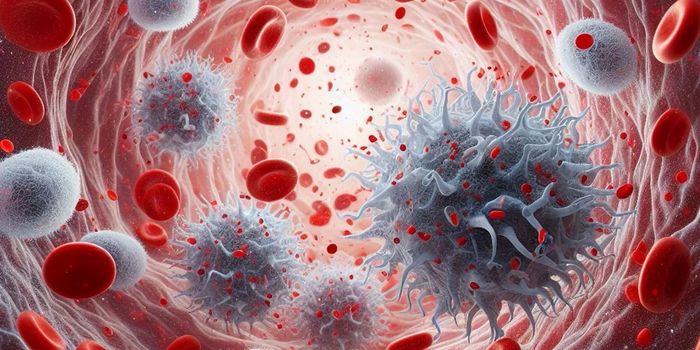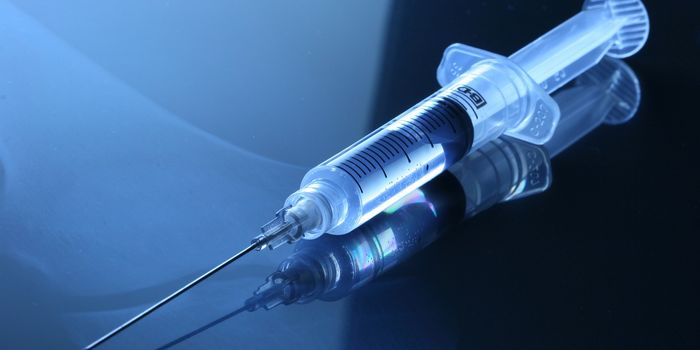A Daily Dose of Baking Soda to Treat Autoimmune Disease
A simple solution of baking soda and water could help people treat autoimmune diseases like rheumatoid arthritis, according to recent findings from scientists at the Medical College of Georgia at Augusta University.
Excessive inflammation is the foundation of most autoimmune diseases, where the immune system mistakenly attacks the body’s own cells as if they were pathogenic. The new study shows that baking soda can reduce inflammation and rouse organs like the spleen to develop an anti-inflammatory environment instead of a pro-inflammatory environment.
Baking soda has this effect on inflammation first because of its reaction with the stomach. The stomach recognizes consumption of a baking soda solution as an indication that it’s time to produce more acid in preparation for meal digestion. Mesothelial cells, which prevent organs from rubbing together by sitting on their surfaces, prevent the spleen from mounting an immune response during this time. As far as they know, the stomach is simply preparing to digest an incoming meal.
Scientists theorize that mesothelial cells are communicating - via a chemical messenger called acetylcholine - the message that, because of the stomach’s digestive response to the baking soda solution, the spleen doesn’t need to worry about a pathogenic invasion.
"We think the cholinergic (acetylcholine) signals that we know mediate this anti-inflammatory response aren't coming directly from the vagal nerve innervating the spleen, but from the mesothelial cells that form these connections to the spleen," explained corresponding author Dr. Paul O’Connor.
The spleen’s main function is to filter blood. It stores several types of immune cells like macrophages, which are phagocytic cells that engulf and digest pathogens. In addition to acting as a buffer between organs of the body, mesothelial cells are capable of sensing changes in the environment, raising the alarm in event of a pathogenic invasion warranting an immune response.
In a study with both rats and healthy people, researchers found that after drinking a baking soda solution for two weeks, the macrophage population shifted from M1, or pro-inflammatory macrophages, to M2, or anti-inflammatory macrophages, in the spleen, blood, and kidneys. Researchers also observed increased production of regulatory T cells, which help balance the immune response so it doesn’t overreact, causing autoimmune disease, or underreact, letting an infection run rampant. The anti-inflammatory “shift” was preserved for at least four hours in humans and three days in rats.
Why is it also important to have anti-inflammatory macrophages in the kidneys? This pair of organs plays the role of balancing acid, potassium, and sodium; kidney disease results when these organs cannot effectively keep the balance of these compounds. Kidney disease can increase the risk of heart disease and osteoporosis. Increased levels of anti-inflammatory macrophages in the kidneys has been shown to slow the progression of kidney disease.
"You are not really turning anything off or on, you are just pushing it toward one side by giving an anti-inflammatory stimulus," O’Connor concluded. "It's potentially a really safe way to treat inflammatory disease."
The present study was published in the Journal of Immunology.
Sources: The International Journal of Biochemistry & Cell Biology, Medical College of Georgia at Augusta University









